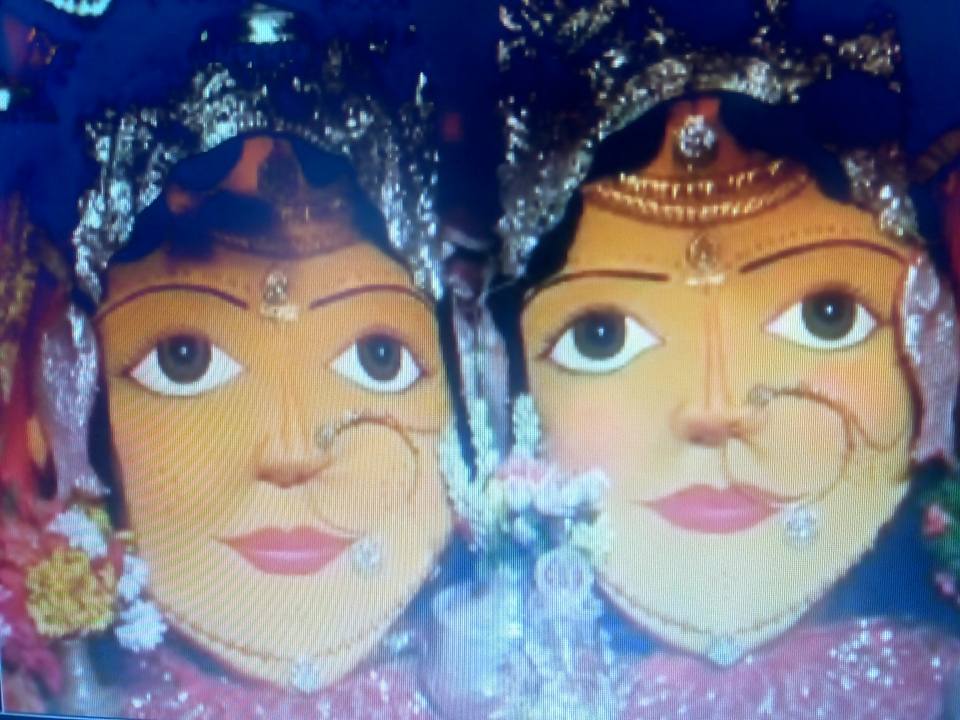Nainital Shows The Way
Small towns often have big messages to give. One such message resonates every year from the hills of Kumaon, from its city of Nainital.
It’s an environmental message that marks the annual festival of Nanda Devi fair that is underway these days. Unlike the plains where the administration has been appealing and there have also been court directions for making idols of clay instead of Plaster of Paris (POP) that are later immersed in water bodies, the administration does not have any such worry in Nainital.
The idols of goddesses Nanda and Sunanda, in whose name the fair is celebrated every year, are made of the bark of banana tree here. Once the fair is inaugurated every year, a team goes to a chosen village to bring the bark of a banana tree from which the idols are carved out over the next three days. The traditional art of this carving is a treat to watch as every ingredient used is bio-degradable. The colours used are herbal.
This is the 112th fair that is underway in Nainital and would be over in another three days.
“We are proud of setting such an example,” said a local resident associated with organizing the event.
Once carved, the goddesses are invoked and the idols are placed at their designated places in the temple premises for the next four days. On the fifth day, these idols are immersed in the Naini Lake which is the lifeline of the town.
Old timers say that the logic behind making the idols from banana tree is that it does not pollute the water body on immersion and secondly, banana is the most used article in the Hindu rituals. The immersion itself is a spectacle to watch when the entire town including people of all communities contributing towards bidding adieu to the two sisters of Nanda and Sunanda.
This reporter has witnessed shoals of fish dying in various water bodies in the plains where Ganpati and other idols made of POP were immersed after the festivals. At such places artificial tanks are now being created for immersions and there are efforts to promote clay idols.
The Nanda Devi fair is celebrated across the Kumaon region at Nainital, Bhawali, Bageshwar, Almora and Ranikhet besides other places. It is held on the eighth day of the Bhadrapad month of the Hindu calendar. The day is known as Nanda Ashtami.
Legend has it that the two sisters of King Nand named Nanda and Sunanda were going to a temple. The sisters are believed to be incarnations of Goddess Parvati. On their way they came across a he buffalo which was actually a demon who started troubling them. To escape the demon, the two sisters took shelter in a banana grove. The story goes that as the demon tried to enter the grove, the Goddess Bhagwati appeared and slayed him. The fair of Nanda and Sunanda is held every year to mark the mythological event.
Even otherwise, Nainital stands out as an epitome of what secular India stands for. It has a temple, mosque, gurudwara and a church standing within a radius of 200 metres. The town has a culture of celebrating festivals of all the religions.
On the occasion of Eid, people from other faiths can be seen standing near the mosque to greet the Muslims once the prayers are over. The langar on Guruprabs is one of the most attended events and so is the Christmas procession. The Nandadevi fair is an event with which the entire town identifies itself, regardless of community, gender or caste.





